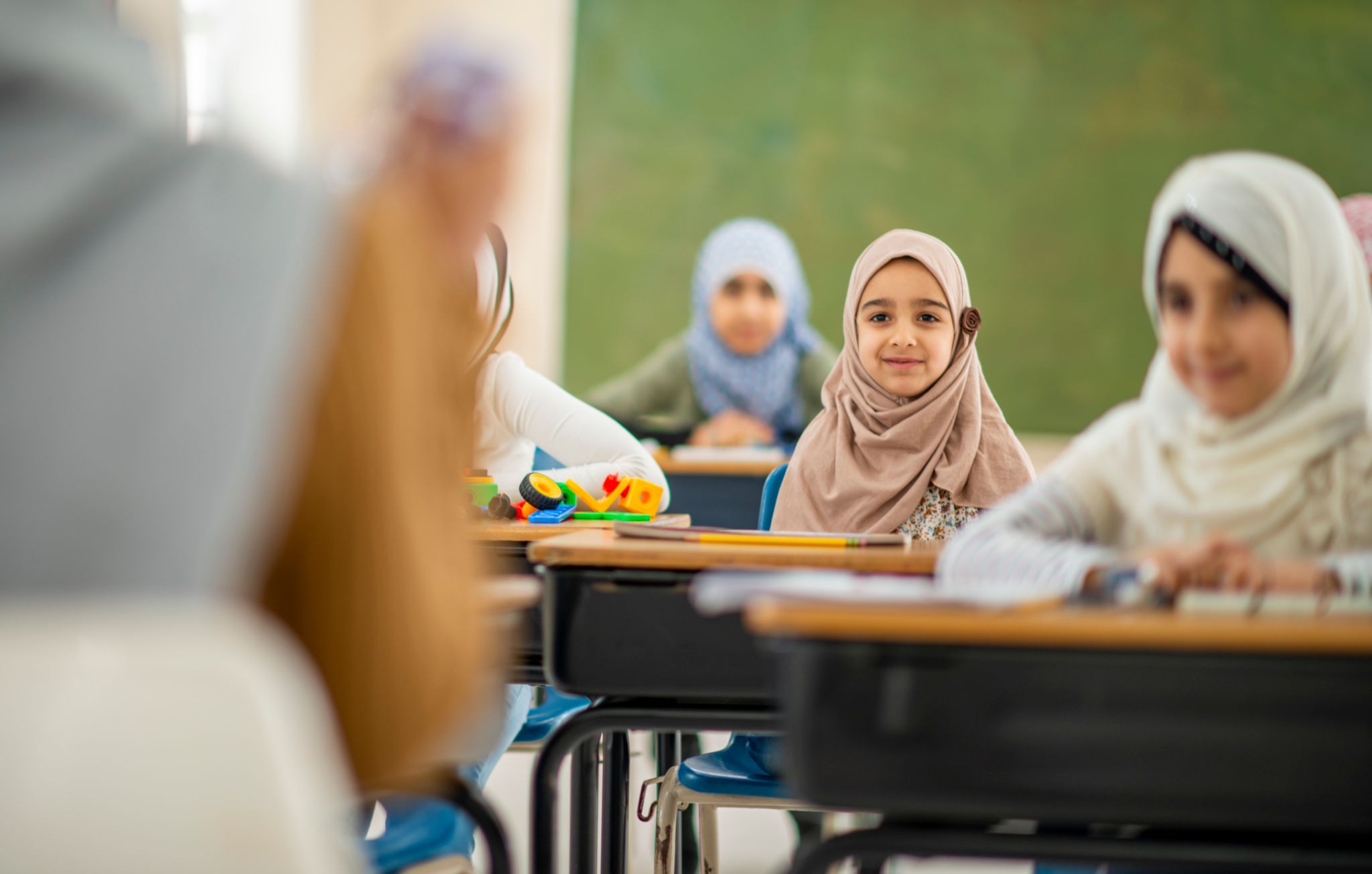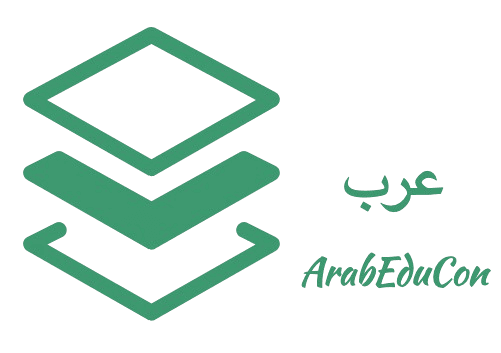A Comprehensive Guide to Education Policy in the Arab World
NI
Understanding Education Policy in the Arab World
The education policies in the Arab world are as diverse as the countries themselves, shaped by unique cultural, political, and economic landscapes. Despite these differences, there is a shared commitment across the region to improve education systems to foster economic development and social progress. This guide delves into the key elements of educational policy within this region, highlighting both common challenges and innovative solutions.

Historical Context and Evolution
Historically, education in many Arab countries has been influenced by colonial pasts and religious traditions. Over the decades, there has been a significant shift towards modernization and secularization in education. Countries like Egypt, Lebanon, and Jordan have been at the forefront of educational reform, focusing on expanding access to education and enhancing the quality of learning.
In recent years, several nations have invested heavily in education infrastructure, aiming to bridge urban-rural gaps and improve literacy rates. Governments have recognized that education is a crucial pillar for national development, leading to significant policy reforms across the region.
Key Challenges Facing Education Systems
Despite progress, the Arab world faces numerous challenges in its education sector. High youth unemployment remains a pressing issue, often linked to a mismatch between educational outcomes and labor market needs. Moreover, political instability and conflict in regions such as Syria and Yemen have disrupted educational systems, affecting millions of children.

Another challenge is the quality of education. Many countries struggle with outdated curricula that do not equip students with the necessary skills for the modern workforce. Teacher training and development are also areas that require attention to improve educational outcomes.
Innovative Solutions and Reforms
To tackle these challenges, several Arab countries have embarked on ambitious education reforms. For instance, Saudi Arabia's Vision 2030 aims to diversify its economy by enhancing the educational system to produce more skilled graduates. Similarly, the United Arab Emirates has introduced technology-driven initiatives to create smart classrooms and integrate digital learning tools.
There is also a growing emphasis on vocational education and training (VET) programs. These initiatives are designed to equip students with practical skills that meet the immediate demands of the labor market, thereby reducing unemployment rates among youth.

The Role of International Cooperation
International organizations play a vital role in supporting education policy development in the Arab world. Partnerships with entities like UNESCO and UNICEF have facilitated the exchange of best practices and provided financial support for educational projects. These collaborations are essential for implementing sustainable reforms and achieving long-term educational goals.
Additionally, international aid has been crucial in crisis-affected countries where local governments struggle to maintain educational services. Humanitarian efforts focus on ensuring that children in conflict zones continue to receive an education despite challenging circumstances.
Future Prospects
The future of education in the Arab world looks promising but requires concerted efforts from governments, private sectors, and international partners. Embracing digital transformation, fostering inclusive policies, and prioritizing lifelong learning are key strategies that can drive progress.
Ultimately, by addressing both existing challenges and seizing new opportunities, the Arab world can develop robust education systems that empower young generations to contribute effectively to society and foster economic growth.
